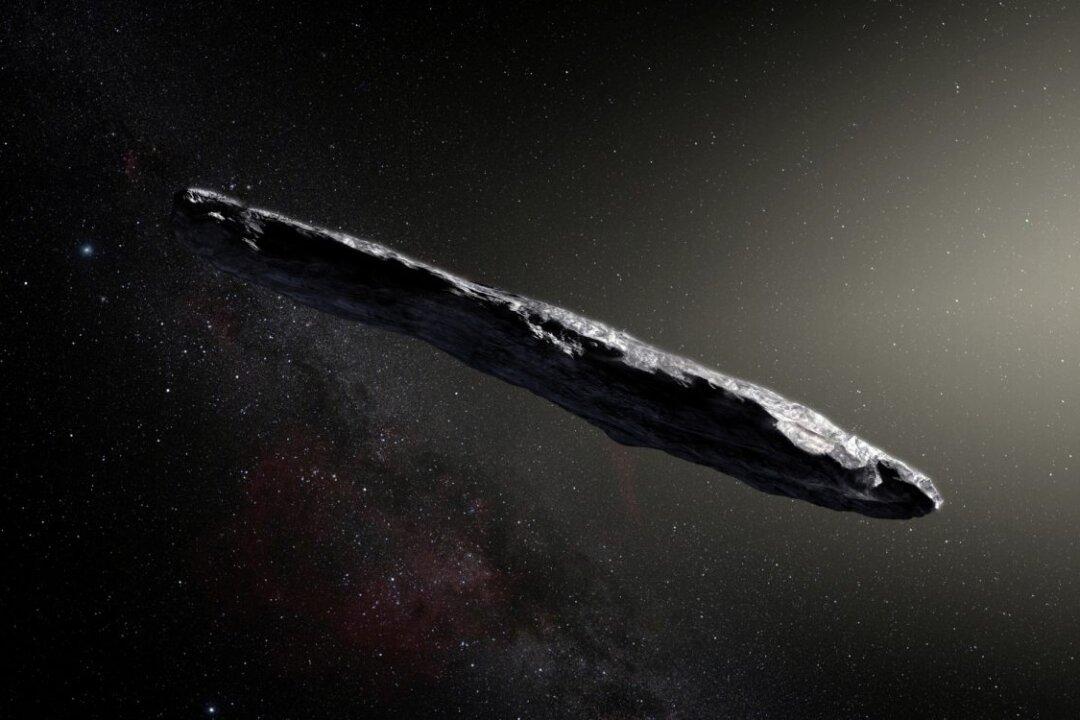It’s possible that an extraterrestrial spacecraft is sending mini-probes to study the planets of our solar system, in a way similar to what human space agencies do, the head of the Pentagon’s unidentified anomalous phenomena research office said in a recent draft report.
The characteristics of certain unusual, unexplained interstellar objects have prompted researchers to consider the possibility of “a parent craft that releases many small probes during its close passage to Earth, an operational construct not too dissimilar from NASA missions,” Sean Kirkpatrick, director of the Defense Department’s All-domain Anomaly Resolution Office (AARO), wrote in the report co-authored by Abraham “Avi” Loeb, chairman of Harvard University’s astronomy department.





